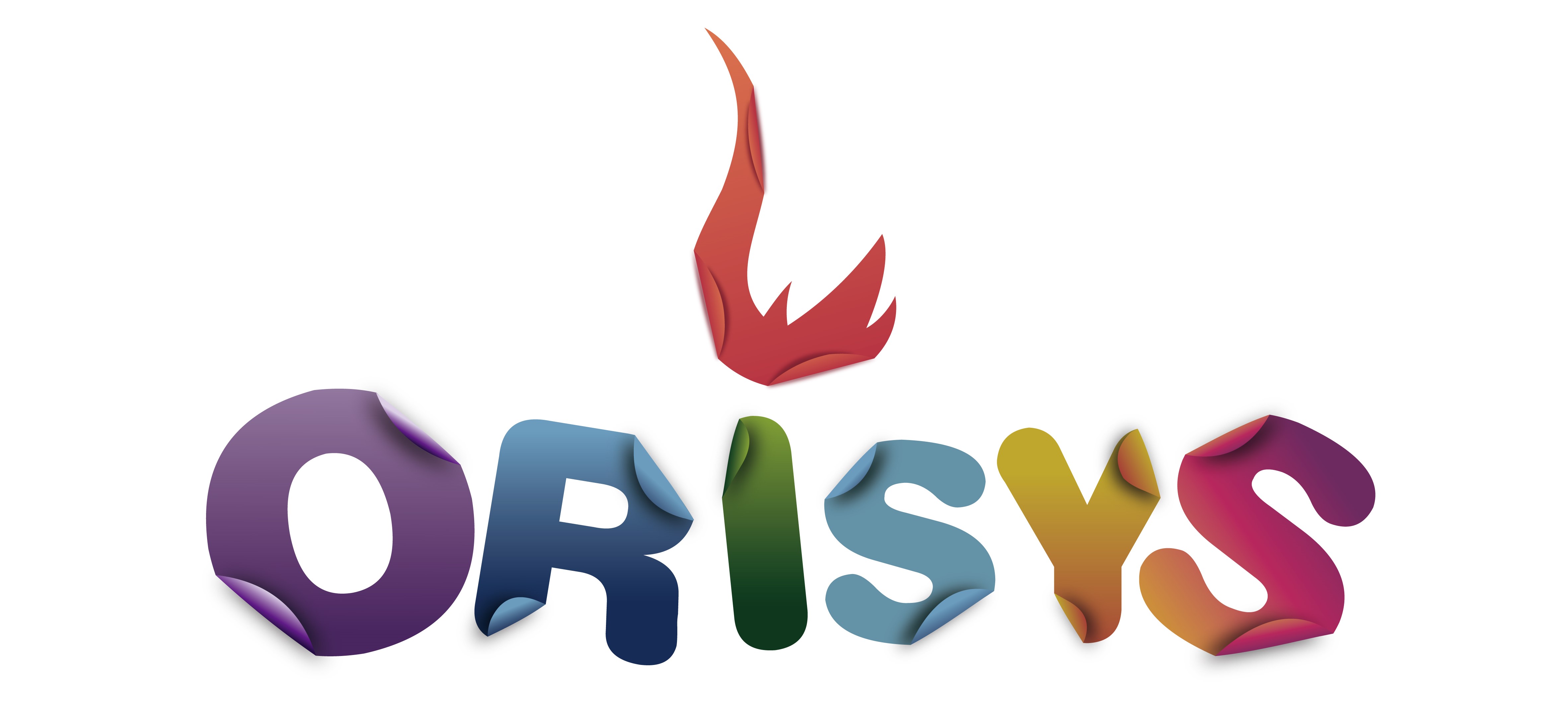Large-scale 3D mapping is an important task for robotics and autonomous driving. However, mobile robots and autonomous vehicles with limited hardware resources may face issues with large memory consumption. It is challenging to achieve a balance between mapping quality and memory consumption. To address this issue, we propose a new compact implicit neural map representation – the Tri-Pyramid that can infer the Truncated Neural Distance Field (TNDF) given an arbitrary 3D position. Additionally, we introduce a TNDF label rectification method considering both the direction of ground normals and closest surface points to enhance the precision of supervision signals for training with a set of effective loss functions. Experiments on public datasets demonstrated that our method reaches comparable or superior performance for dense mapping while significantly reducing memory consumption compared to previous LiDAR mapping approaches. Furthermore, our study confirms the scalability and adaptability of our approach from room-scale to city-scale scenes. Moreover, we explore the potential of directly leveraging the implicit neural map representation for localization tasks by solving
an optimization problem. The experiments showcase the accurate localization capabilities of our method in various scenarios.
More information: https://ieeexplore.ieee.org/document/10598317

